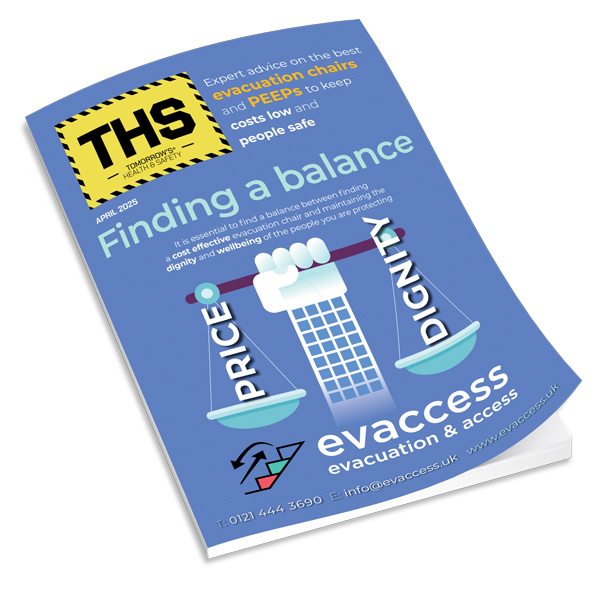With ONS research revealing that 34% of adults feel unsafe using public transport after dark, where does employer responsibility for employee personal safety begin and end? Naz Dossa, Peoplesafe CEO, investigates.
Perceptions around personal safety are changing in the UK, and not necessarily for the better, according to figures from the Opinions and Lifestyle Survey (OPN), at the Office for National Statistics.
The survey found that people now feel less safe than ever walking alone in all settings – after dark and during the day; with women feeling less safe than men in any setting after dark.
As part of the survey, and for the first time, the OPN also asked respondents how safe they felt using public transport.
The data gathered showed that people feel less safe using public transport after dark than during the day – during the day, 9% of adults felt unsafe, compared with 34% of adults after dark. Women aged 16 to 34 years felt the most unsafe of any age and sex group using public transport alone after dark.
These figures will likely resonate with the UK’s commuting workforce, especially as we approach the October clock change that means darker evenings and mornings spent on buses and trains.
While the use of public transport may have decreased since Covid – 14.95% of people work from home in 2022 according to research by Project Solar UK, compared to just 5.26% pre-pandemic – 5.2% of the working population surveyed still use a bus or train to get to their place of work.
While businesses have a legal obligation and duty of care to safeguard their staff during working hours, this legally ends at clock-off time. To date, there is no official legislation or guidance that places responsibility on the employer to protect their employees on the way into work and back home again. Yet the reality is that some employees may face a greater risk on a dark morning or evening commute than they ever will during the working day.
Should employers take greater responsibility for employee safety on the daily commute?
Employers extending their duty of care to protect employees out of hours is a growing expectation, according to a recent study by Peoplesafe.
One in five employees Peoplesafe spoke to (22%) cited safety concerns as a reason they chose to leave their job. These safety concerns were felt by all types of workers, with 60% of everyone questioned admitting that they even felt unsafe travelling to and from work during unsociable hours.
51% believe that their employer has a duty of care to protect them outside of working hours.
So, just how difficult would it be to add commuter peace of mind and safety to a company’s list of employee benefits? The answer is, not very difficult at all. Or costly. Over a million free personal safety apps have already been downloaded by people proactively seeking additional reassurance as they go about their daily lives.
However, research published by BMC in June 2022 found that while people downloading these free apps found them useful, they also reported them as being unreliable, not working as described and/or having features that could be exploited.
Leading companies are going beyond compliance to ensure the safety of their staff by turning to technology and professional services to provide protection. One leading law firm who have a high number of female employees are already introducing mobile apps for those people who want them. This provides them with a feeling of security when commuting late at night and even reduces the need to hire costly taxis, as the app costs less than a coffee per month.






















